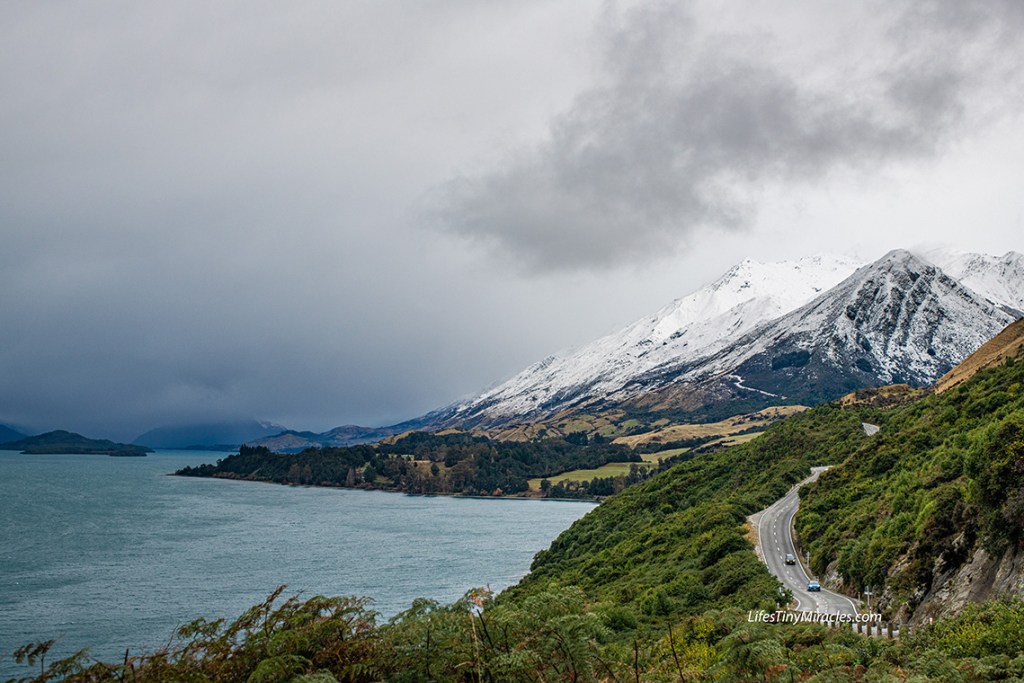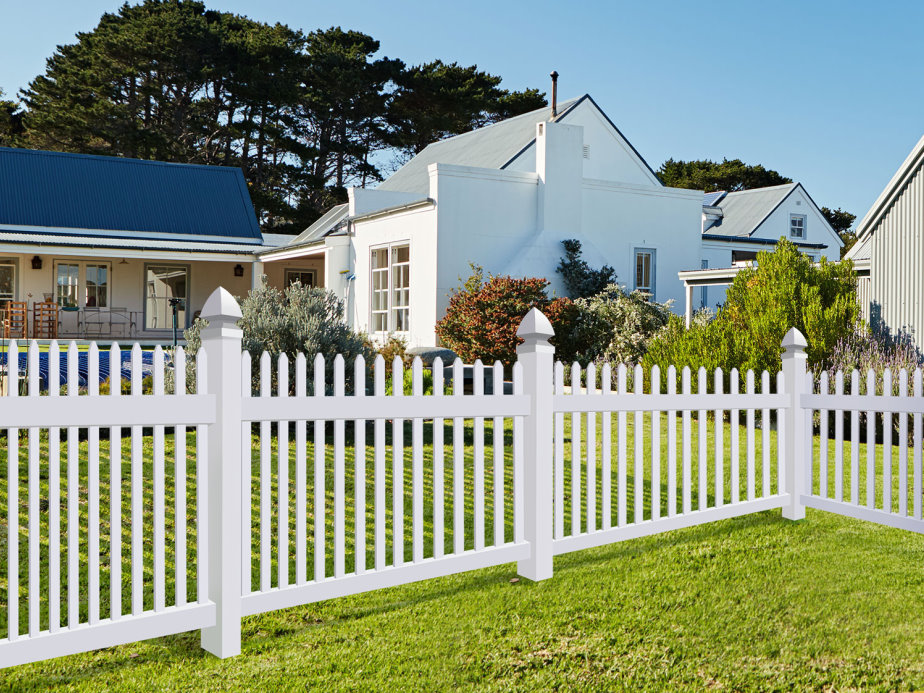Driving Tips – Self-Drive South Island, New Zealand
[ad_1]
New Zealand is a popular destination for self-drive trips. Rightly so as self-drive trips offer the spontaneity to manage your itinerary and tons of flexibility for families to travel at our own pace, stopping at scenic spots to take family photos. We share our complete NZ South Island self-drive itinerary and downloadable map in this previous post here .

However any self-drive trips come with risks and especially in New Zealand’s diverse terrain – you can go from wide empty highways to narrow winding mountain roads – and from glorious blue skies to overcast dark skies in a matter of minutes. The risk is exacerbated by weather, driver fatigue, over ambitious agenda or a lethal combination of everything listed

Having driven in Iceland (Click here for Iceland tips), Hokkaido (Click here for Hokkaido tips) and now in wintry New Zealand, we share some tips to help families plan your self-drive trips.


- Experience Matters. Really: Self-drive in NZ only if you are an experienced driver. Preferably one who has experienced long-distance driving overseas as you have to navigate bends, slopes in adverse weather and be on alert for wildlife. If you have just got your driver’s licence or have no experience driving long distances overseas, please consider joining a package tour for your family’s safety.

- 24-hour Roadside Assistance: Do research and rent your car from a dependable car rental company, especially those that offer free 24-hour road side assistance. Surprisingly not all car rental sites include this service explicitly so ask before you sign that rental agreement. We rented our car from YesAway Car Rental (via Klook) and got extra savings by combining it with our Shopback account (If you do not have a Shopback account yet, please use our referral link here). The car rental process was fuss-free and convenient (from booking to redemption). For our family of 4 (2 adults, 1 teen and 1 child), we rented a Toyota Highlander AWD (a 7 seater) which was spacious enough for our family of 4 and more importantly to sufficiently carry the 4 luggages we brought to NZ. The hubby also said it was a good and comfy car to drive in NZ.

- Zero Excess Insurance: We always buy additional comprehensive insurance from the car rental company that offers Zero Excess Insurance (which covers any accidental damage to the rental car). You never know what may hit your car whilst driving. After our 10 days self-drive in NZ, we spotted a small scratch (almost invisible to the eye) on the windscreen (possibly from the gravel or small rocks). Fortunately, the zero excess insurance we bought covered this.
- Register a 2nd Driver: If your travelling companion can drive, register him/her as an additional driver. Will come in handy when you need a break or if you are unwell and need to recuperate.

- “Long Drops“: Use rest stops well for your pee breaks. In NZ, rest stops could be an hour or two between each other. There are also scenic photo stops all over South Island where you can stretch a bit in between long drives. Use rests rooms at petrol kiosk or roadside cafes. Otherwise you may have to contend with public ‘long drop’ toilets which do not have flushing systems (where waste are left to bio-degrade in a hole that is a few metres deep) but the smell can be unbearable.

- Snacks: Make sure your family keeps you awake with conversations, mints, chewing gum or some other snacks. It’s also good to bring drinking water or a thermos flask of coffee so the driver can take small sips along the way. Always ensure the driver is well-rested and well-fed before any long drives.
- Keep Clear: Choose a vehicle that can pack in all the passengers and luggage comfortably without blocking the driver’s rear view. In fact, take some time to plan how you stack your luggage in the boot space when you first get the car, then snap a photo of the configuration to save time from rearranging your luggage everyday!

- Reliable Connectivity: Use a reliable router to get live updates on road conditions: This is important as roads can be closed off due to snow storms or accidents. Most GPS may not give you the necessary real-time info for your drive. We’ve always used Changi Recommends WIFI routers for all our holiday trips from remote Iceland to busy Tokyo and now scenic ‘Middle Earth.’

These WIFI routers offer us that peace of mind where we can reliably connect with Google maps for directions. In addition, we were also able to check on our destinations’ operating hours, weather updates, any local public holidays that we were unsure. We were also able to download maps in advance, particularly of places where signal is weak. Should you encounter any contingencies where you need to extend the use of the router or for trouble-shooting, there’s a hotline number to call for assistance.

- Motion Sickness: We were caught by surprise when Buddy suffered from motion sickness during our drive from Wanaka to Queenstown. There were stretches of roads that are extremely winding (with hairpin turns!). These conditions may cause discomfort to some of the passengers. Try to avoid having a full meal just before a long drive, or pop a motion sickness pill prior and always prepare a motion sickness bag handy in the car, just in case someone feels nauseous.

- Reach Before Sunset: Singapore roads are generally well-lit but not so the roads of New Zealand. As with many larger countries, inter-state or cross-country highways are usually pitch dark at night. Driving becomes more risky at night as the driver has to be extra alert for falling objects, wildlife rushing across the road etc. High beam from oncoming vehicles can add to the risk of driving at night. As such we would start early and reach our destination before it gets dark. During winter, sun sets usually happen by 4.30pm hence we try to stop driving by 4pm.

Additional Tips for Winter:
Winter, with snow, ice and hail or a combination of everything, adds to the risk of driving. Here are some additional tips.

- Snow Chains: In early winter, snow chains may not be required. However it is wise to rent them anyway. This is in case unexpected early snowfall or you find yourself driving to a place that has just snowed-in or road filled with ice, both of which happened to us. Do remember to ask the car rental agents on how to install and remove the snow chains. There are also useful YouTube videos on it.
- Long Umbrella: Include a long umbrella with your car. Not only is it handy during snow or rain, a long umbrella is very useful to push away overnight snow from your windscreen , windows and car roofs. Never use bare hands or non-waterproof gloves to manage snow as your hands will quickly freeze from the frigid snow. Never leave snow on your car roof, they will come ‘crashing’ down on your windscreen when the car stops, potentially blind-siding the driver while driving.
- Dry Towel: It is good to keep a dry towel (e.g. a face towel) next to the driver. This will help to wipe away the condensation from the car windscreen and window before or during the drive. On that note, it is good practice to ‘de-mist’ the car up at least about 15 minutes before departing. This will give enough time for the windscreen to be de-misted as well as for the driver to clear snow from parts of the vehicle.

- Black Ice: During Winter, ice can settle on the road overnight forming lethal ‘Black Ice’ that are invisible to the naked eye especially when driving. It’s safer to start driving after 9am when there is ample day light. Drive slow and do not overtake unnecessarily.

- Speed: Observe the speed limit strictly. They are regulated for a very good reason – to prevent vehicle from skidding. Needless to say, brakes and tyres are affected by the cold, hence it is wise to follow the safe protocol on safer driving. Gliding or skidding while trying to stop your car is VERY REAL and dangerous. It gets worse when the car is heavy (i.e. packed with luggage and passengers).

FAQs for Self-Drive New Zealand:
- Do I need an International Driving Permit (IDP)? Generally, if you hold a driver’s licence from Singapore, you do not need an IDP to drive in NZ. However just to be sure, we emailed the car rental company and got a reply from them confirming that we do not need an IDP as long as we can show them our driver’s licence (in English). So remember to pack in your driver’s licence with your passport! For more information on the need for IDP and other driving regulations, click here.
- Which side of the road do New Zealanders drive on? Like all Commonwealth countries including Singapore, New Zealanders drive on the left side of the road.
- Are the vehicles in New Zealand Left or Right-hand drive? Vehicles in New Zealand are Right-hand drive (driver sits on the right side of the car), same as Singapore.
- Do I need a child /booster seat for children? Baby/Child/Booster seats are a requirement in New Zealand if your child is below a certain age and size. For our self-drive, both our children have exceeded the requirements hence we did not need them. For more information, click here.
- Can I bring my own child / booster seat? Yes you can, provided it meets the NZ specifications. However from personal experience, we would rent it from the local car rental company as they would be able to help us secure it properly to the car. Carrying our own child/booster seat is too bulky! Do email the car rental company and check with them before hand or click here for more info.

- Is public parking free in New Zealand? It depends. Some roadside parking are free, for a short period of time. They range from 15mins to 120mins. For those that charge, there are roadside ‘meters’ where you either pay and display the receipt or pay and key-in your car number. For roadside parking, generally the charge about NZD5 an hour. From our experience, roadside parking are very limited so be prepared to park at an open public carparks and walk about 15 to 20mins to your destination. Indoor parking rates are higher and dependent on the venues.
- Are hotel /motel parking free? It depends. Some hotels charge (about NZD25 for overnight parking per night) while generally motels will include car parking provided there is vacancy. If your hotel charges for parking, consider parking at the roadside nearby. Some roadsides permit free overnight parking.
- Would you recommend a Campervan / Caravan road trip? A Campervan experience is very unique but it comes with additional considerations. For one, a Campervan is much larger and harder to manoeuvre. Campervans need to be parked at designated Campervan parks where you can use their public shower and toilet facilities. Most of these are usually not near the towns or popular attractions. Moreover, the standard of these public facilities may vary. Finally, Campervan parks are public access sites with no security. So while we do love some level of adventure on our self-drive trips, we are travelling with young kids after all so we feel that security plus clean and comfortable conveniences are more important. Campervan trips, we feel, are more for families with older kids, who can ‘rough it out’ and handle outdoor backpacking lifestyle.

Here are more tips to make your wintry self-drive trips memorable, for the right reasons!
- How to Properly Dress Kids for Winter (from our Hokkaido and Finland Winter Trips: Temp -8C to -27C). Read them here .
- Winter Driving Tips, Hokkaido, Japan. Read it here.

We hope that these tips that we have shared have helped to shed some light on your plans for a self-drive trip to one of the most enjoyable and family-friendly countries we have been to. Let us know if you have any other insights or questions. Happy and safe travels!
[ad_2]
Source link




